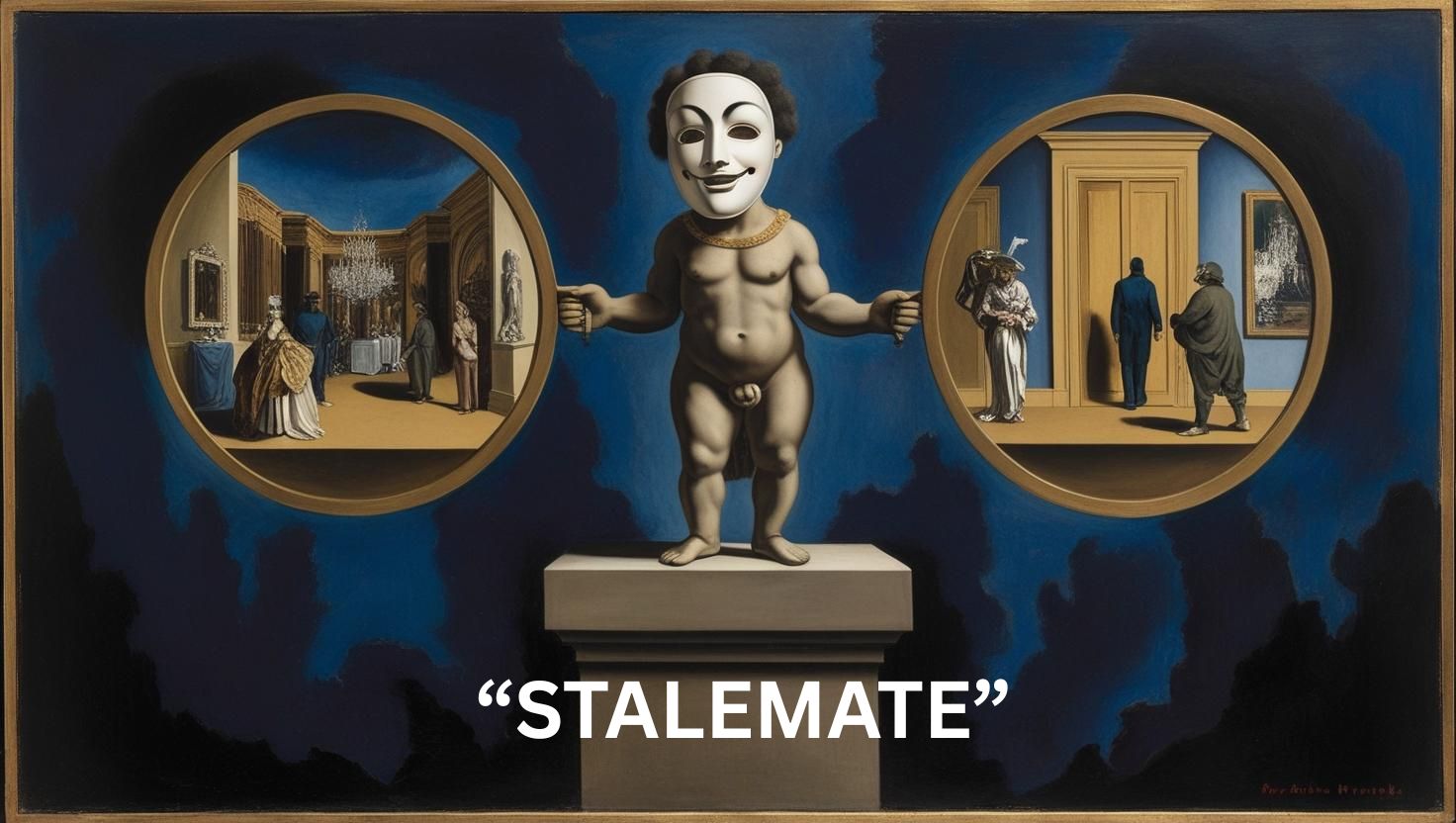Are we truly progressing? Is there any kind of development that favors the natives in any form? What has become of the state of Manipur since 5/3? Whom should we blame? If there has to be any kind of allegation, then it points to those who played the role of the manager, and the one who accepts the responsibility of being a negotiator, and as being a middle-man. The question is, is it a case of biasedness if one takes the side of the truth? Hanging in between, engrossed with the notion of indeterminacy, exhibiting complete incompetency in handling internal conflicts, shall never arrive in a conclusive decision. Decisions must be made, and if it is withheld unnecessarily, then anomalies arise.
Current scenarios led us to conclude that terms like indeterminacy, indecisiveness, etc. has become political virtues. History takes its turn through decisions, and decisions presupposes a thinking agent. The inefficiency of taking decision also implies that one does not deserve to be a decision maker. We do not deny the complexity of the situation. But that being said, if such situation retain itself in the form of anomalies for a longer duration, then there is a stoppage in the dialectal process of the history itself. One cannot confuse between indeterminacy, or indecisiveness, with diplomacy. In simple language, diplomacy entails full of decisions for the sake of welfare in larger context.
On the other hand, modern times is mark by the advance epistemic framework, which can help the humanity in grasping the vastness of truths. But if there is a backsliding with regard to the unveiling of truth, then it also implies the obsoleteness of the functionaries. Knowing the truth and remaining idle, again implies the confusion between diplomacy and hypocrisy. If the backsliding happens during the diagnostic process, then one must reboot the entire process. All that remains to be the done, is to unveil the truth and resolve the conflict.
The subjective character of truth may sometime lead to indeterminacy. But, if the truth is subjective, then may you take the decision favoring your own rationale. We insist, at least, a decision emerges, in the worst-case scenario. Sophism may sometime prevail depending on the situation. If there is clarity on certain subject, people never hesitate to embrace the truth that he or she finds it more compelling than the others. War may emerge if certain decisions are being made in favor of the other side. But this emerging situation, in the form of a war, is the battle for justice, and not some dark conflict. In this situation further decisions will be made and so on, hence the progression in history.
J.S Mill, two centuries back, had claimed that progress or development must necessarily be inherited from two things; new ideas and the liberty to express those new ideas. If one is deprived of both, then there will be deep dark impasse. Current situation proved us certain things, or in other words, it led to infer certain unwanted conclusions. First, with reference to Mill, this indeterminacy or indecisiveness exhibited from the responsible functionaries, prove that either there is deficiency for new ideas, or there is the absence of the liberty that can throw the dice. When that is the case, if they say that they are deprived of the liberty, then it is hypocrisy. For ‘they’ as a middleman has all the power. On the other hand, if there is the lack of new ideas, then it is obvious that the institution is deprived of efficient and competent personalities.
This harassing impasse is taking the lives of the masses. Taking lives in the sense that hopes and dreams are being shattered irrevocably. Now, accountable decisions will mature the conflict into something that might fork into two paths; in the best-case scenario, peace. And in the worst-case scenario – an official declaration of war. But keeping in dark, with shadows and traces of false dreams and hopes, will eventually lead to the end of the middleman, either being torn into pieces, or by simply rusticating the legitimacy of the middleman.












